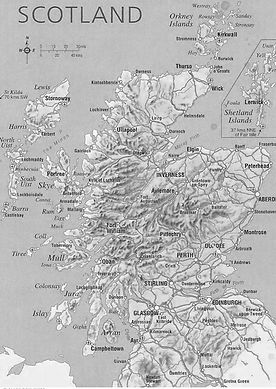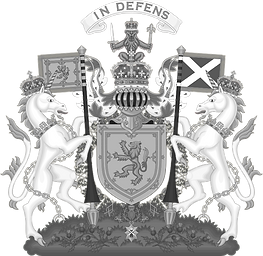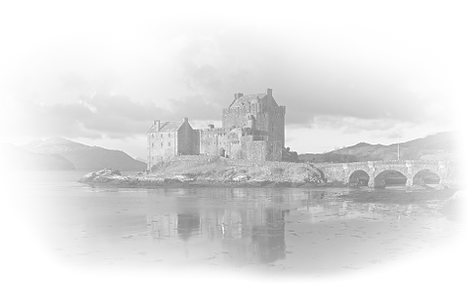
Easy-to-Learn
"Talk sometimes in a foreign language, not to forget how bad you know it."
- Boleslav Paszkowski
Languages
DSCOTTISH
GAELIC
Scotland shares a border with England to the south, and is otherwise surrounded by the Atlantic Ocean, with the North Sea to the east and the North Channel and Irish Sea to the south-west.

A few Interesting Facts about
Scotland
and Scottish Gaelic
1. The words ‘Scot’ and ‘Scottish’ were originally used, in Old English, to refer to the Gaelic people of medieval Ireland.
2. The Scots Gaelic word ‘sgiomlaireachd’ means ‘the habit of dropping in at mealtimes’.
3. Football was made illegal by King James I in 1424, which lasted roughly 100 years.
4. Roughly 40% of population in southeast of Scotland are carriers of of the redhead gene.
5. It is a myth that Scotland invented the kilt and the bagpipe. Kilts originated from Ireland and the bagpipe from the Rome Empire.
6. There are as many Scottish people living in North America as in Scotland.

The royal coat of arms of Scotland was the official coat of arms of the King of Scots from its adoption in the 12th century until the end of the Kingdom of Scotland in 1707. The arms are still widely used today as a symbol of Scotland, and are quartered in the royal arms of Queen Elizabeth II along with the arms of England and Ireland.
The coat of arms
of Scotland
"Where is the coward that would not dare to fight for such a land as Scotland?"
- Sir Walter Scott
Content
A Table of Vowels with pronunciations
Scroll down or type a vowel in search box
A Table of Vowel Digraphs with pronunciations (from ai to eò(i))
Scroll down or type a vowel digraph in search box
A Table of Vowel Digraphs with pronunciations (from eu to ùi)
Scroll down or type a digraph digraph in search box
A Table of Plain Consonants with pronunciations
Scroll down or type a consonant in search box
A Table of Lenited Consonants with pronunciations
Scroll down or type a consonant in search box
Pronunciation
of Scottish Gaelic Vowels and Consonants
Scottish Gaelic (Gàidhlig)
Gaelic is a Celtic language native to Scotland. It was introduced into Scotland about AD 500.
The majority of the vocabulary of Scottish Gaelic is native Celtic. There are a large number of borrowings from Latin, ancient Greek, French and other languages.
The Education (Scotland) Act 1872, which completely ignored Gaelic, and led to generations of Gaels being forbidden to speak their native language in the classroom, is now recognised as having dealt a major blow to the language. People still living can recall being beaten for speaking Gaelic in school.
Currently spoken by fewer than 2 percent in Scotland, Gaelic is enjoying a revival here that has blossomed since the country held elections in 1999 to create a Scottish Parliament for the first time in almost 300 years.
To start learning this language
click on "Go to the Unit"
to be directed to the relevant page
